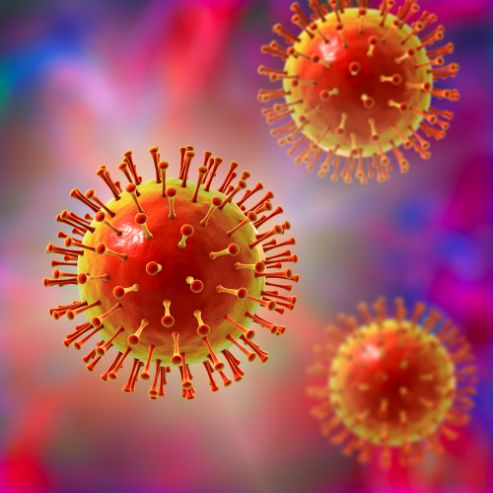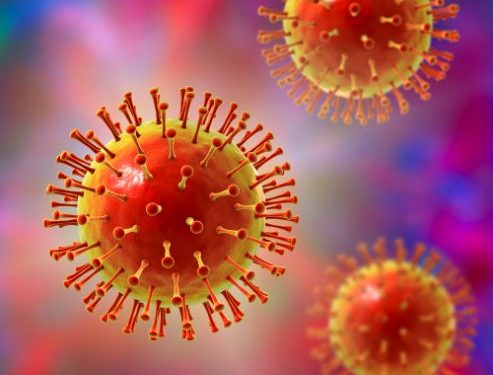Despite its relatively low incidence, inflammatory breast cancer can be hard to diagnose. The cancer may not be visible on mammograms, ultrasounds or other imaging tests. Unlike other breast cancers, it does not normally cause a lump in the breast. It is also very difficult to diagnose by biopsy because the cells can look similar to mastitis. If the cancer is not treated, it can spread to other parts of the body. The treatment options for inflammatory breast cancer include chemotherapy and surgery. These treatments work by destroying cancer cells elsewhere in the body. The best treatment for inflammatory breast cancer is based on the individual’s medical history and tumor characteristics.
Inflammatory breast cancer (IBC) is a disease that develops when cancer cells block lymph vessels in the skin of the breast. This blockage causes inflammation and redness of the breast. If the lymph vessels are blocked, cancer cells can spread from the breast to other parts of the body.
Inflammatory breast cancer usually develops in women in their 40s or 50s. It is more common in black women than white women. The risk of developing inflammatory breast cancer is based on factors including age, race, body mass index, smoking, and a history of chronic inflammation.
Treatments for inflammatory breast cancer may involve combination chemotherapy, radiation therapy, hormone therapy, and immunotherapy. Injections of hormone therapy may be used in women who are hormone receptor positive. Radiation therapy may be used to treat women with inflammatory breast cancer that has spread to other parts of the body. If the cancer has spread to other parts of the body, the tumor may need to be removed.

Inflammatory breast cancer can be diagnosed on physical exam and other tests. A doctor may order additional tests to check the general health of the patient and determine the extent of the cancer. The patient will also need to undergo a biopsy to confirm the diagnosis. The biopsy sample will be tested to see if it is cancer.
Inflammatory breast cancer is a rare form of cancer, but modern treatments are improving the prognosis. One-third of women who are diagnosed with inflammatory breast cancer are long-term survivors. Treatments include chemotherapy, surgery and radiation therapy. In addition to these treatments, patients can also participate in a clinical trial. These trials are designed to test the safety and effectiveness of new treatments for cancer. The National Cancer Institute sponsors clinical trials to determine how to best use existing treatments to fight cancer.
Some patients with inflammatory breast cancer may need to undergo chemotherapy before surgery. A chemotherapy treatment plan may be based on the cancer’s stage, the patient’s age, and other factors. A clinical trial can help patients find a treatment that works for them. Chemotherapy is used to destroy cancer cells anywhere in the body. It is also used to prevent the cancer from growing.
Inflammatory breast cancer can be treated with a combination of chemotherapy, surgery and radiation therapy. Patients who have a partial response to chemotherapy may require post-mastectomy radiation therapy. Patients who have a complete response to chemotherapy may be able to avoid surgery. Chemotherapy can help reduce the size of the tumor and increase the effectiveness of other treatments.









